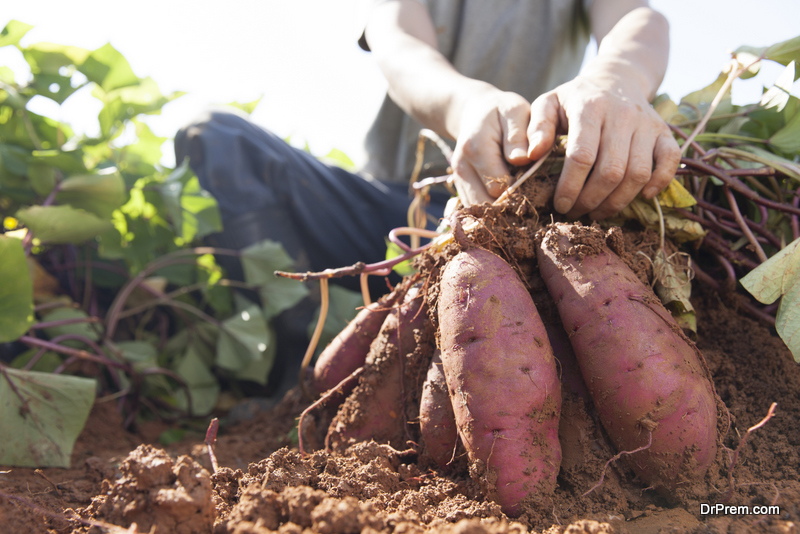The Soil Food
Fish-based foliar fertilizers, coco coir nutrients, cottonseed meal, cow manure — there are many nutritious remedies to sustain your veggies. But what do fruits, flowers, berries and vegetables need exactly to grow big and juicy? Let’s dive in.
1. Nitrogen
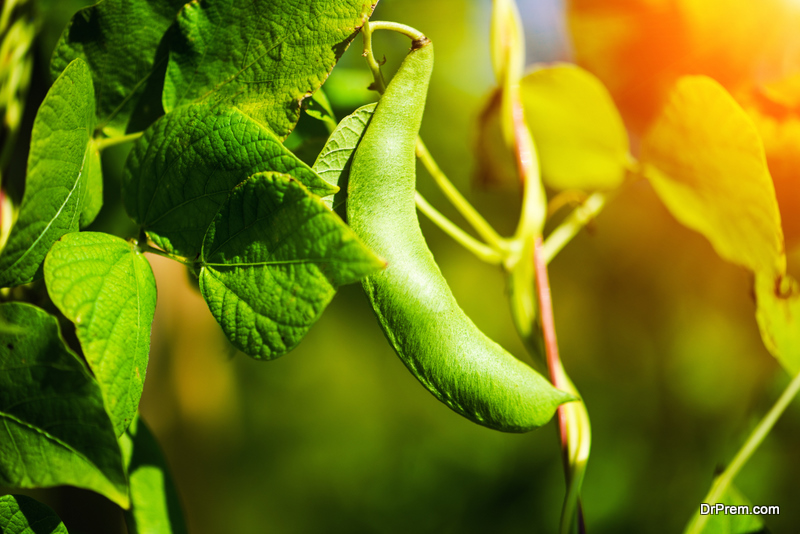 Nitrogen is very important. It’s responsible for the steady growth of a herb, be it garlic or green beans — through a chain of chemical reactions, it delivers protein.
Nitrogen is very important. It’s responsible for the steady growth of a herb, be it garlic or green beans — through a chain of chemical reactions, it delivers protein.
It also stimulates cell growth and usage of chlorophyll. Consequently, it depends on nitrogen intake if your plants develop stems, leaves and shoots that are big enough.
However, you can’t overfeed your herbs with nitrogen. Its excess leads to hindered growth/development. Fruits having a nitrogen overdose suffer from discoloration and postponed ripe.
2. Phosphorus
Phosphorus comes into play during the flowering stage. Its deficiency either makes flowering painful and slow or literally cancels plant maturing. At the same time, too much phosphorus makes fruits and stems as bitter as English marmite.
3. Potassium
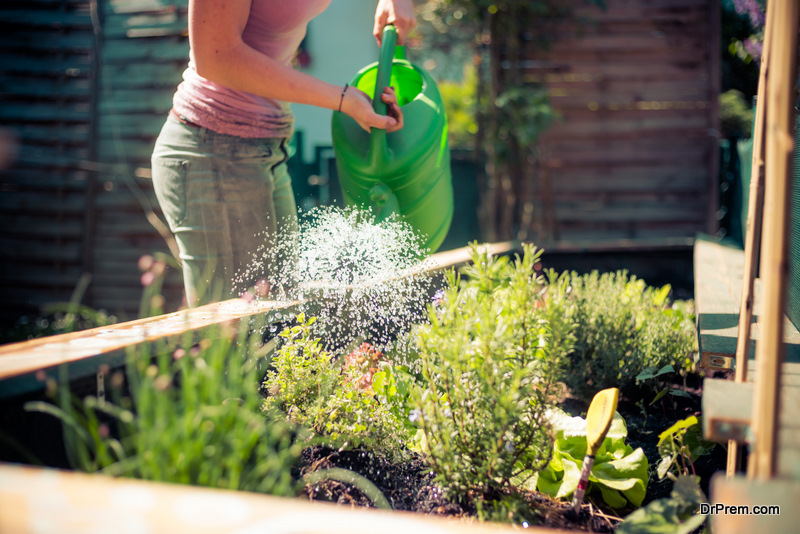 Potassium makes fluids inside a plant move — it’s almost like blood circulation in the human body.
Potassium makes fluids inside a plant move — it’s almost like blood circulation in the human body.
Besides, this element likes water so much — it never wants to say goodbye to H2O. It prevents dehydration, and your plants never get too thirsty while they have enough potassium. (But you still need to water them).
Lack of potassium leads to fruit loss in most cases, while too much of it prevents plants from producing a necessary amount of enzymes.
4. Calcium
In your body, calcium makes the bones strong. But herbs need it, so their leaves won’t turn unhealthily yellow during the ripe period. Its deficiency also causes blackened leaves and fruits, as well as growth troubles.
5. Magnesium
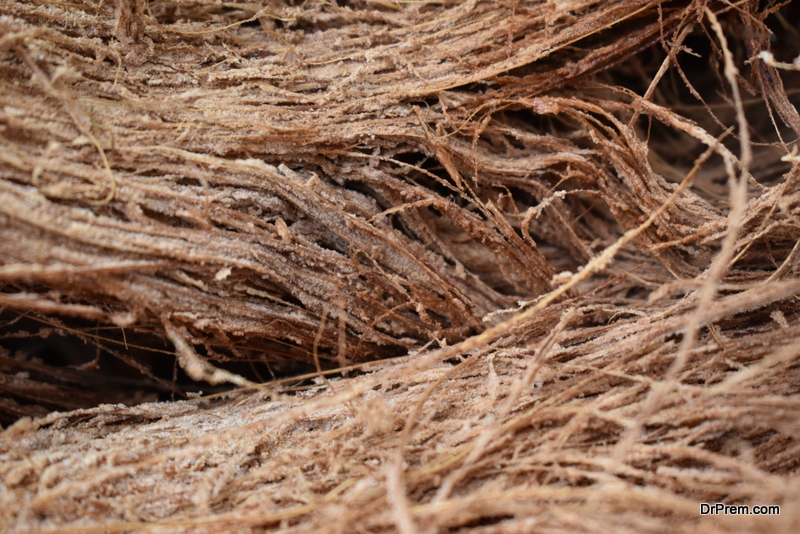 Magnesium is a ‘colleague’ of calcium in a way. They work together, so the vegetables and fruits receive every bite of important minerals from the soil and fertilizers. (Like coco coir). In the long run, it provides steady chlorophyll production.
Magnesium is a ‘colleague’ of calcium in a way. They work together, so the vegetables and fruits receive every bite of important minerals from the soil and fertilizers. (Like coco coir). In the long run, it provides steady chlorophyll production.
6. Sulfur
From fennel and ginger to horseradish and sweet potatoes — all these guys need a healthy root system. And that’s when sulfur comes to save the day. Apart from keeping roots strong and well-functioning, It also helps plants produce protein.
7. Micronutrients
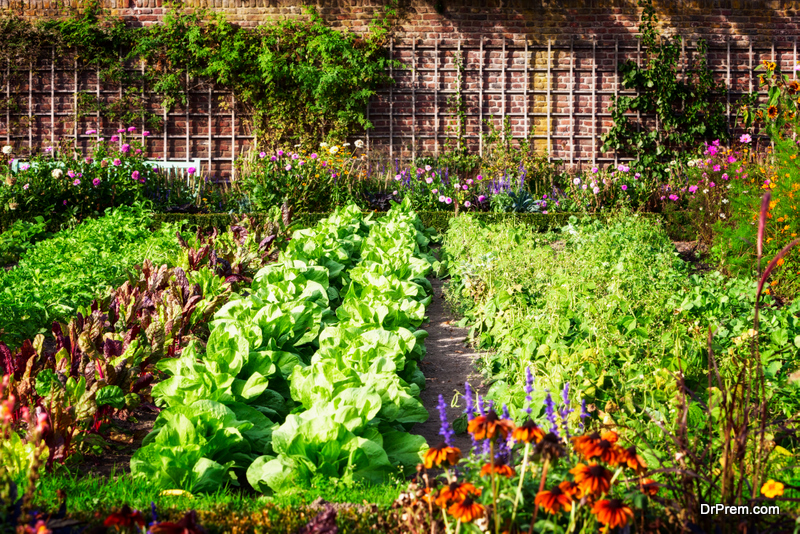 The stuff from above is called macronutrients. They are meat and potatoes that your veggies need to stay in good health and deliver a rich harvest. But there also are micronutrients. They include zinc, boron, iron, molybdenum, chloride and manganese.
The stuff from above is called macronutrients. They are meat and potatoes that your veggies need to stay in good health and deliver a rich harvest. But there also are micronutrients. They include zinc, boron, iron, molybdenum, chloride and manganese.
In a way, they are like ‘vitamin supplements.’ Herbs need only a tinge of those to maintain good condition. Some fertilizers can only have macro- or micronutrients, so you need to check their chemical formula first.
Also, stuff like coco coir has lignin — a complex organic polymer that allows beneficial bacteria to breed in the soil, meanwhile suppressing harmful microorganisms.
Article Submitted By Community Writer


